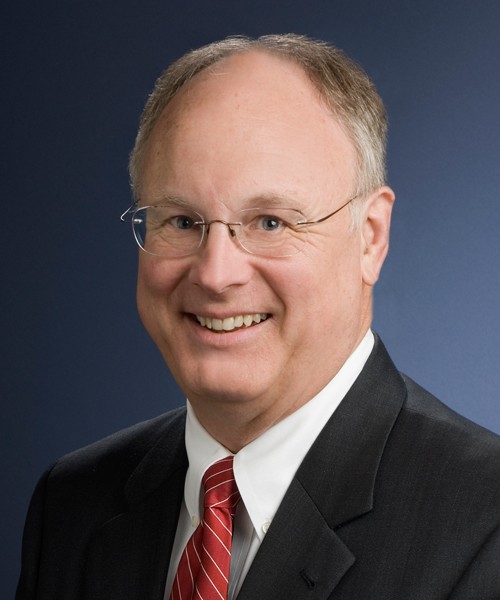The conversations between county commissioners and school board commissioners at the Shelby County Commission’s budget retreat a couple weeks ago, Judge Hardy Mays’ comments about his frustration over school board decision-making processes, and my recent conversations with a suburban mayor and a school board commissioner have confirmed in my mind that it will be difficult for the school board to open the 2013-14 school year with the best chance for success. The need for a special master is quite apparent.

Mike Ritz
The Unified School Board (USB) has 23 members until August 31st. Six of those members (Snowden Carruthers, Mike Wissman, Joe Clayton, Ernest Chism, David Reaves, and David Pickler) appear to be supporting the suburban mayors who criticize the USB and its goals. It plays well for the suburban mayors’ municipal, special, and charter school legislation in Nashville for the USB to publicly struggle. Wissman, as the elected head of Arlington, is, in fact, one of those mayors.
Three USB members (Jeff Warren, Freda Williams, and Kenneth Whalum) did not support the December 2010 vote to give up the Memphis City Schools charter. Sara Lewis, who joined the board after that vote, was also known to be opposed. Those four seem to support postponing the merger, in the hopes that municipal and/or charter schools will appear in some or all of the suburbs and the unified system will just be a slightly larger MCS system, allowing them to continue as if MCS still exists.
The two leaders of MCS who voted to give up the charter (Martavius Jones and Tomeka Hart) recently led the efforts on the board to postpone the merger for a year. Their rationale may be similar to the other four MCS resisters, and they may be having some seller’s remorse over leading an effort opposed by so much suburban political clout in Nashville.
These 12 board members represent a majority of the current 23-member board. They don’t vote on every matter together. However, their actions or inactions allowed MCS superintendent Kriner Cash, who publicly opposed the Transition Planning Commission (TPC) recommendations, to stay in place long after the board voted not to make him the permanent superintendent. Many of these 12 members, if not all, recently voted for a budget with a $145 million shortfall. These actions and many more similar actions or inactions add fuel to the fire of suburban mayors and other critics of a unified system.
As chairman of the county commission, I have been working with Superintendent John Aitken, interim superintendent Dorsey Hopson, and school board chairman Billy Orgel to share with them the county’s fiscal situation and try to position their budget needs for their best chance of receiving county funding over and above the $362 million a year we have to continue.
With their budget chairman, Chris Caldwell, working with them, they proposed a budget close to the recommended $60 million shortfall recommended by the TPC. Recent calculations indicate that there may be votes on the county commission for no more than about $5 million in new funding for the school budget that begins July 1st. Any more than that figure would require raising the tax rate by more than 10 percent and would need a nine-vote super majority — impossible on this divided commission.
The actions of the Unified School Board over the next 90 days will decide the success of its first year, whether it has support of the community, and whether that community support can help secure more than $5 million in new funds for the school system in 2014. I hope a combination of media attention, public pressure, and the fact of a special master can prompt the board to make some critical decisions.
The suburban mayors’ response to this financial dilemma confuses many county commissioners. No matter whether the unified school system stays in place for many years or municipal school systems or charter school systems appear in every suburb, the mayors should support the county commission in providing more school funding.
The mayors surely know they will need much more fiscal support for their local schools than a half-cent sales tax can provide. And funding from the county commission on a per-student basis would relieve them of making property tax increases. Most of the current complaints of school board budget decisions are coming from suburban parents who seem to get the fiscal picture, even if their mayors do not.
Does the suburban mayors’ disgust with the unified school system trump their fiscal concerns? I believe their support of the unified system this year could greatly change the voting dynamics on the school board and the potential for commission vote for a greater than 10-percent property tax increase.
Mike Ritz is chairman of the Shelby County Commission.